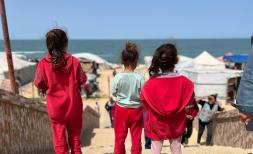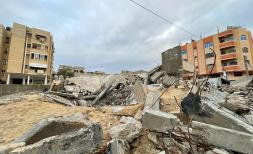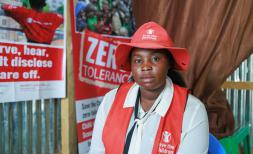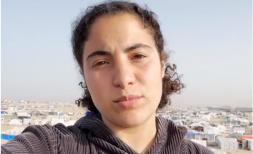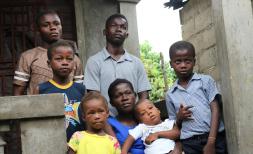Protecting a generation from COVID-19: An Agenda for Action
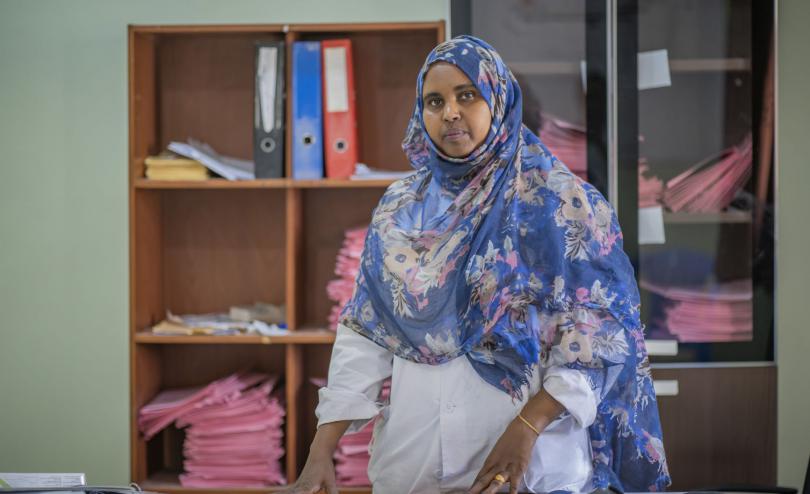
Coronavirus knows no borders. It is a global threat and our shared humanity demands a global response.
The virus is already having devastating consequences for children and their rights. Health systems, even in rich countries, are being overwhelmed. Economies are sliding towards depression. Children have had their education disrupted by school closures. Many face the prospect of poverty. Failure to reduce and mitigate the spread of the pandemic will tear apart the lives of millions of families and children across the world. With the pandemic now spreading into some of the world’s poorest countries, there is a real danger that the world will see a reversal of the gains made over the last 20 years and destruction of the rights of children. There is an alternative.
All over the world, Save the Children is gearing up to play its part. However, we see that coordinated community, national and global action on five fronts could yet avert catastrophe. Every country is best protected by protecting people everywhere. In particular, we must exploit the closing window of opportunity in Africa, Latin America, the Pacific and other areas not yet hard hit. This is a time for leadership by governments, financial institutions, private companies and organisations like Save the Children. Millions of lives are at stake and leaders at all levels must come together and deliver:
1. Disease Mitigation.
Timing is everything. It is vital that countries reduce the transmission of COVID-19 by effectively implementing an array of appropriate and timely measures, while limiting their harmful consequences and protecting the most vulnerable groups. Early and decisive action to strengthen health systems so that people can be tested and cared for is critical. We now need a coordinated global response to support national governments and communities. Delayed action on prevention and mitigation will cost over 3 million lives in South Asia and sub-Saharan Africa alone.
We urgently need a well-resourced, comprehensive and coordinated global response across the UN system, and other international and regional organisations, with WHO leading on the public health response. This must support national-led responses to slow the spread and mitigate against the worst impacts of COVID-19 through strong and resilient health systems. At least an urgent $8 billion in international funding is needed for the immediate public health response.[i] Barriers such as gender discrimination that keep women and girls from accessing health services must be overcome. Private services should become part of the public health system sector, free for vulnerable children and families, for the duration of the crisis. Support for refugees and those in humanitarian settings and conflict-affected countries must be boosted dramatically to slow the pace of spread. And every effort must be made to avert even more deaths by ensuring continued provision of essential health services vital to maternal and child survival.
2. Global Financing.
The world’s poorest countries do not have the fiscal capacity either to make the health system investments that are needed, or to protect the most vulnerable citizens – including children – from the social and economic impacts that come with coronavirus.Sub-Saharan Africa alone will need $100 billion in economic stimulus.[ii]
This is a time for the IMF and the World Bank to use their balance sheets on behalf of the poorest countries, and to protect the most vulnerable – and their major shareholders should support radical action. Priorities include protecting the most vulnerable children through cash transfers and public spending on health, education and social protection. Donors must protect and increase aid spending and the funds provided should be flexible, accountable and locally controlled. A moratorium on debt payments would release resources for the fight against coronavirus and help countries provide emergency support to family finances.
3. Support for Family Finances.
Each country must develop national support for their poorest and most vulnerable people, including protections for jobs and guaranteed family income. Too many children have already fallen into poverty. Many more will follow unless international support and national budgets are geared towards the most disadvantaged. Particular attention must be paid to women’s economic empowerment given their over-representation in the informal sector. International support for companies should be conditional on them keeping workers on and donors should channel support to national safety nets.
4. Education and Learning.
School closure is an important element in the coronavirus prevention and mitigation strategy. National governments and donors must commit and take concerted action to ensure that the 1.5 billion children and students who are unable to attend school have access to safe, quality and accessible distance learning during and after the COVID-19 crisis.
Refugee children face grave risks and child marriage may increase.Teachers and caregivers should prepare for an eventual recovery which enables all children, including girls, to return to school when it safe to do so. Education has a key role in protecting children’s mental health in crisis and support for traumatised and refugee children must be at the forefront.
5. Children’s Safety and Protection.
We support the UN Secretary General’s call for armed forces and groups around the world to immediately enact a global ceasefire so people can respond and the 415 million children living in conflict are protected from further harm. Governments and international agencies must treat the social services workforce and humanitarians as essential workers. A specific focus on preventing and addressing abuse and neglect of children, domestic and gender-based violence is needed. Cash transfers must be made available to meet basic needs and help prevent negative coping strategies such as increases in child labour and child marriage.
Children’s rights obligations remain in force in an emergency and must be an essential component of a country’s response.
Find out more about Save the Children's coronavirus response.
[ii] https://www.uneca.org/stories/african-finance-ministers-call-coordinated-covid-19-response-mitigate-adverse-impact
